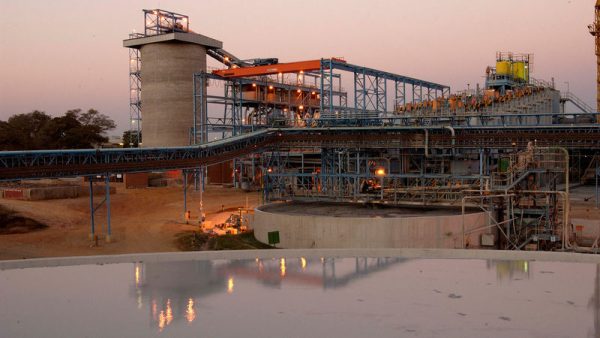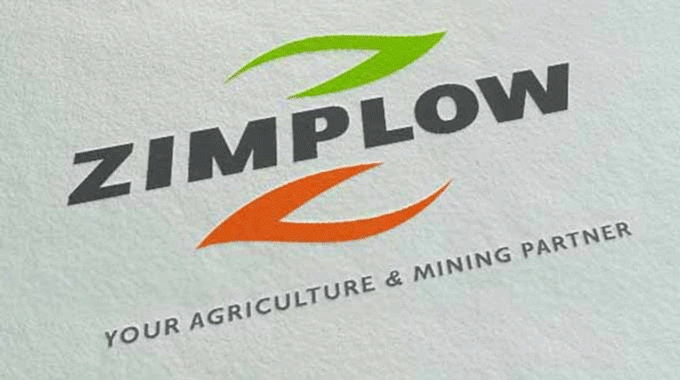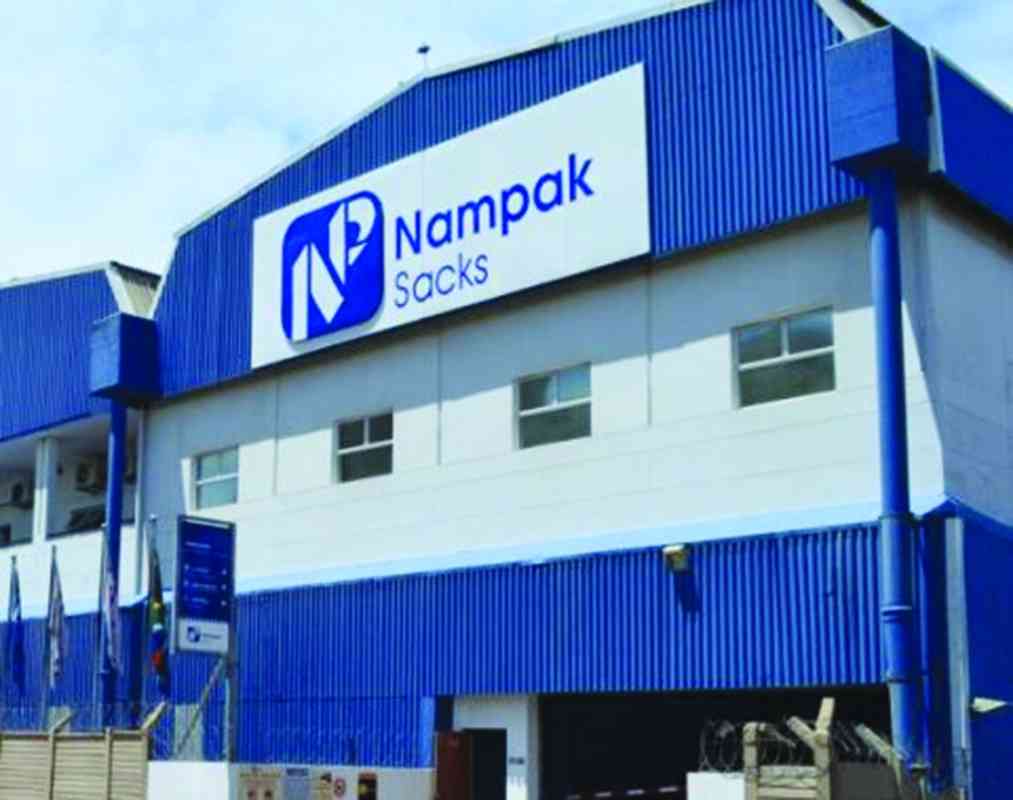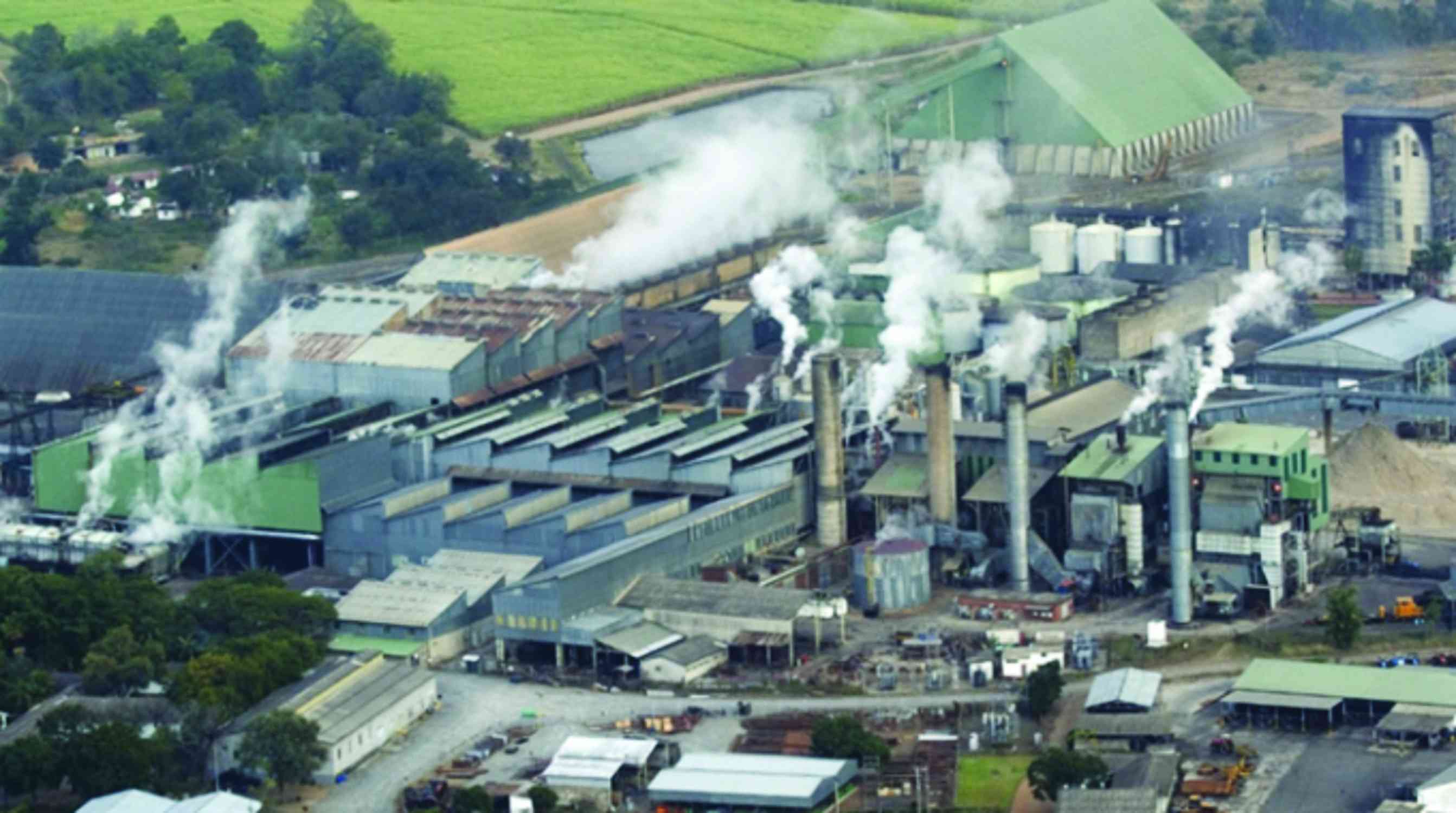
Michael Zuze THE development of a viable manufacturing sector is essential and key to self-sustaining development of any economy. Industrialisation has been a campaign promise across the African continent, with its acknowledged ability to bring prosperity, new jobs and better incomes for all.
Nevertheless, Illicit Financial Flows pose a threat to Africa’s growth path of industrialisation. The High Level Panel on Illicit Financial Flows from Africa (HLP) defines IFFs as money illegally earned, transferred or used.
As noted by a report published by the Unctad, an estimated amount of about US$88,6 billion, which is equivalent to 3,7% of Africa’s GDP is lost through illicit financial flows.
This is a huge amount, which shows that Illicit financial flows are a challenge and if they are not tamed, Africa will continue to lose large sums of money, which are key in the financing requirement for industrialisation.
Zimbabwe, similar to many other African countries, has in recent years renewed its commitment to industrial development. The objective being to place the country in a manufacturing-led growth path with a view of creating employment, reducing inequalities and eliminating poverty.
However, the problem of Illicit financial flows continues to be a threat to Zimbabwe’s industrialisation process as it largely emanates from the mining sector, which is an industrial backbone.
In 2019, the Ministry of Industry and Commerce implemented the Zimbabwe National Industrial Development Policy (ZNIDP) (2019-2023). It is a blueprint for industrialisation, which derives from Vision 2030, and tailored to assist the economy to improve manufacturing sector performance in terms of contribution to GDP, employment creation and foreign exchange earnings.
To achieve real economic transformation, the implementation of the policy is centred on developing linkages across key sectors of the economy namely: Agriculture, mining, manufacturing and services.
- Chamisa under fire over US$120K donation
- Mavhunga puts DeMbare into Chibuku quarterfinals
- Pension funds bet on Cabora Bassa oilfields
- Councils defy govt fire tender directive
Keep Reading
The mining industry is one of the country’s key economic sectors with potential for substantial contribution to industrialisation.
The ZNIDP outlines strategies that can be used for maximum beneficiation in the extractives sector.
These include ensuring that there is exploration, extraction and value-addition of existing minerals in the country; strengthening the mineral sector through collective, self-reliance and adoption of global best practices; promotion of the processing of raw minerals locally, such as, platinum smelting and refining and processing lithium for use as energy.
They also include enhancement of local value addition of chrome, strengthening of the jewellery industry; and encouraging the formation of other industrial clusters around the mining and mineral processing industries, such as, services and consumables suppliers. However, illicit financial flows have remained a threat in the mining sector. Illicit financial flows are a stumbling block to domestic resource mobilisation, which is necessary for industrialisation prospects.
This flows particularly through trade misinvoicing and mineral resource smuggling slows down the rate of capital accumulation. A slowdown in capital accumulation reduces domestic savings, which are very vital for financing new as well as old investments and industrialisation prospects.
To ensure that the surplus generated from the mining sector is reinvested back into the economy, a number of mechanisms are required to tame illicit financial flows.
These include reviewing the major weaknesses of the existing institutional measures and or structures in curbing Illicit financial flows.
There is a need to strengthen ongoing training programmes to skill and capacitate personnel in key economic institutions to undertake measures to curb illicit financial flows and undertake deliberate domestic resource mobilisation by investigating and sanctioning organisations that are involved in illicit financial flows in the country.
Regional initiatives, such as the African Mining Vision (AMV), adopted in 2009 by the African Union (AU) Heads of State and Government portrays strategies for integrating the mining sector into broader social and economic development processes.
It suggests the creation of a mining sector that is knowledge-driven and conceived as a key component of a diversified, vibrant and globally competitive industrialising African economy.
The AMV catalyses and contributes to broad-based growth and development through upstream, downstream, side-stream and infrastructure linkages.
It is, therefore, important to domesticate the aspirations of the AMV especially those in the fiscal pillar so as to minimise the leakage of resources from the extractives sector.
Combating Illicit financial flows and in turn boosting industrialisation should involve multiple policies and actions at different levels of government.
There is a need for the government to broaden and also deepen the use of existing policies, space and contribute them in an effective and creative manner, which supports sectorial linkages.
The policies should be holistic and encourage the transformation of industrial structures and foster endogenous diversification. This is necessary to develop a solid and sustainable industrial base while at the same time being able to identify and curb any illicit behaviour that may arise in the process.
Furthermore, there should be transparency and accountability in the extractive sectors so as to curb illicit financial flows. Transparency and accountability in the extractive industries should involve all stakeholders from the government up to the citizens.
Transparency and accountability can be in the form of public disclosure of country-by-country reports for multinational companies, and publicly-accessible registers indicating the beneficial owners of companies, trusts and other entities.
Joining the Extractive Industries Transparency Initiative (EITI) remains key for transparency. The initiative was developed to bridge the transparency void in the oil, gas and mining sectors.
The standards require disclosure of contract awarding, licences and contracts, beneficial owners, payments to government, revenues received by government, revenue appropriation by governments and the actual benefits to the citizenry.
The transparency gaps in the mining sector have contributed to the failure by the country to optimally leverage on its mineral wealth to advance social and economic development.
Adoption of EITI for Zimbabwe presents an opportunity for the country to improve transparency in the mining sector through improving disclosure of mining governance data by mining companies and government for public scrutiny.
With the growing call of the 4IR, industrialisation should also be supported by inclusive digitalisation in most mineral resource sectors as well as government departments in their wake to curb illicit financial flows.
With the ever-increasing use of technology in various sectors of the economy, the industrialisation process requires complex strategies and forward-looking approaches.
Digitalisation within the departments of revenue authority is important in detecting movement of wealth which is crucial in curbing Illicit financial flows which can be used to revive local industries.
Lastly, efforts should be directed not only to solving the current problems, but identifying the new threats and predicting the risks in the long run. Technology is important in identifying the gaps in international standards concerning illegal money transfers.
- Zuze writes in his personal capacity. These weekly New Perspectives articles published in the Zimbabwe Independent are coordinated by Lovemore Kadenge, an independent consultant, past president of the Zimbabwe Economics Society and past president of the Chartered Governance & Accountancy Institute in Zimbabwe (CGI Zimbabwe). — [email protected] or mobile: +263 772 382 852.











